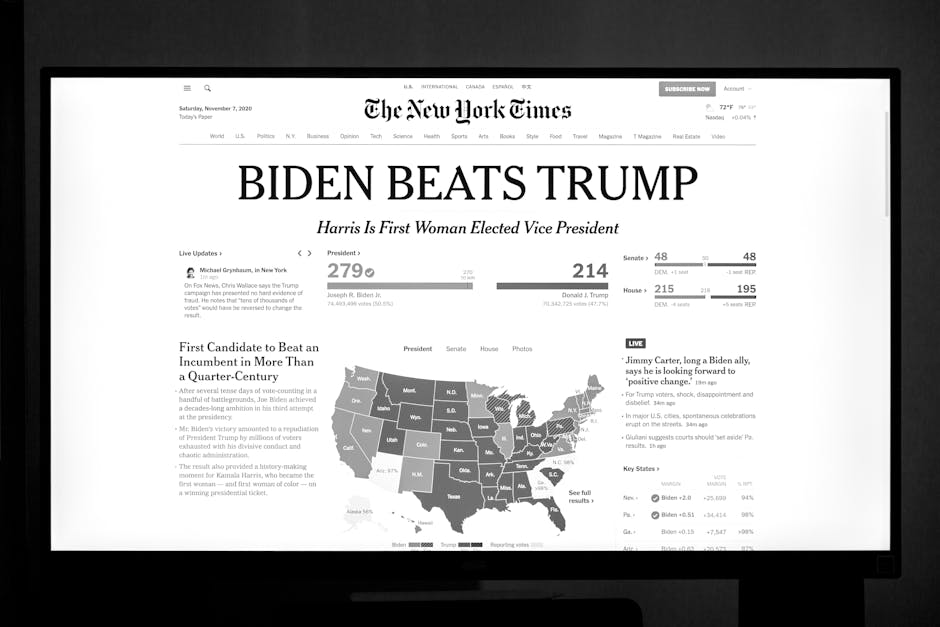Trump Grants Controversial Pardons to Key 2020 Election Allies
In a move that has reignited debates over presidential power, former U.S. President Donald Trump pardoned several close allies involved in his efforts to overturn the 2020 election results. Among those pardoned are Rudy Giuliani, Mark Meadows, and John Eastman—figures central to Trump’s post-election legal and political battles.
Who Received Pardons? Key Figures Explained
The pardons cover prominent Trump supporters who played major roles in challenging the 2020 election outcome:
- Rudy Giuliani – Trump’s personal attorney, who led failed lawsuits alleging voter fraud. The pardon shields him from potential federal charges.
- Mark Meadows – Former White House Chief of Staff, involved in pressuring state officials to revisit vote counts.
- John Eastman – Author of the “Eastman Memo,” which proposed overturning the election via Vice President Pence.
Other pardoned allies include campaign advisors and GOP operatives, signaling Trump’s intent to protect those who backed his claims.
Political and Legal Fallout
The pardons have drawn sharp criticism:
- Democrats: House Speaker Nancy Pelosi called them an “abuse of power,” while legal experts warn they undermine accountability.
- GOP Base: Trump supporters view the pardons as justified, alleging political persecution.
What Happens Next?
- State-Level Risks: Pardons don’t cover state cases (e.g., Giuliani could still face charges in Georgia).
- Congressional Scrutiny: The January 6 investigation may expand to examine obstruction concerns.
Global Reactions: Impact on Democracy
The pardons have raised concerns worldwide, including in India, where analysts see parallels in debates over executive power and accountability.
Conclusion
Trump’s pardons deepen U.S. political divisions and test democratic norms. Legal and ethical questions will persist as investigations continue.
For live updates, follow NextMinuteNews.




